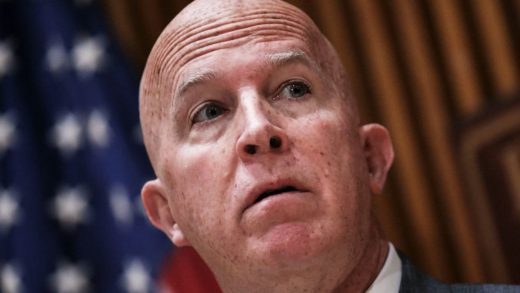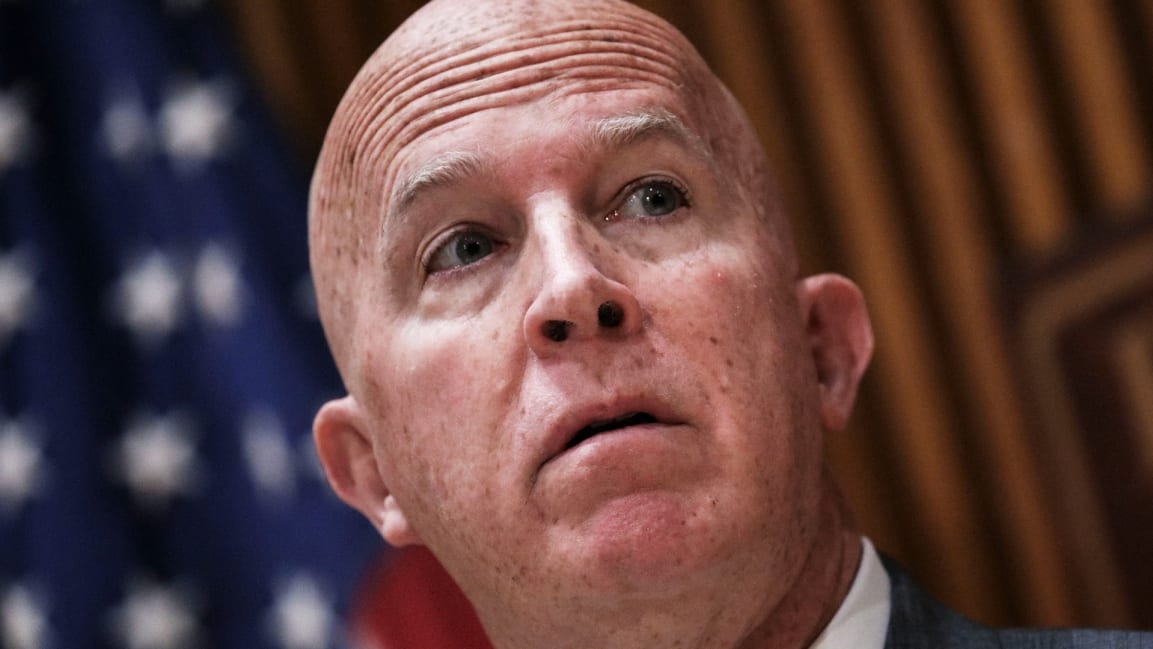Daniel Pantaleo fired: 5 years after Eric Garner’s death, NYPD officer is out
More than five years after Eric Garner died while being arrested for allegedly selling loose cigarettes on Staten Island, the officer captured on video with his arm around Garner has been fired.
Police Commissioner James O’Neill fired the officer, Daniel Pantaleo, saying he “can no longer effectively serve as a New York City police officer.” A departmental judge had recommended his firing, saying Pantaleo’s version of the story of Garner’s death was “implausible and self-serving,” the New York Times recently reported.
Eric Garner became a rallying point for the Black Lives Matter movement, with his final words—”I can’t breathe”—taken up by protesters challenging police brutality around the country. Local and federal investigations failed to charge Pantaleo or anyone else in Garner’s death. The department judge and police commissioner both found that Pantaleo put Garner in a chokehold while grappling with him, a banned practice in the New York Police Department, although they declined to find he did so intentionally.
The case has also come up in the 2020 presidential campaign, where New York mayor Bill de Blasio is seeking the Democratic nomination. Protesters at last month’s debate demanded de Blasio fire Pantaleo. The mayor had said he doesn’t have the power to do so, since that’s legally up to the police commissioner, although critics contended that he could have pressured the department publicly or privately.
De Blasio, whose mayoral platform included police reform, has had a sometimes-stormy relationship with the NYPD and the Police Benevolent Association that represents its officers. Patrick Lynch, head of the PBA, denounced Pantaleo’s firing as a political action.
The Civilian Complaint Review Board, an oversight agency that investigates complaints of police misconduct, applauded the move, although it said it should have happened sooner. “Make no mistake: This process took entirely too long,” the board said in a statement. “And the tragic reality is that neither a verdict from a judge nor a decision by a police commissioner can reverse what happened on July 17, 2014.”
(70)



